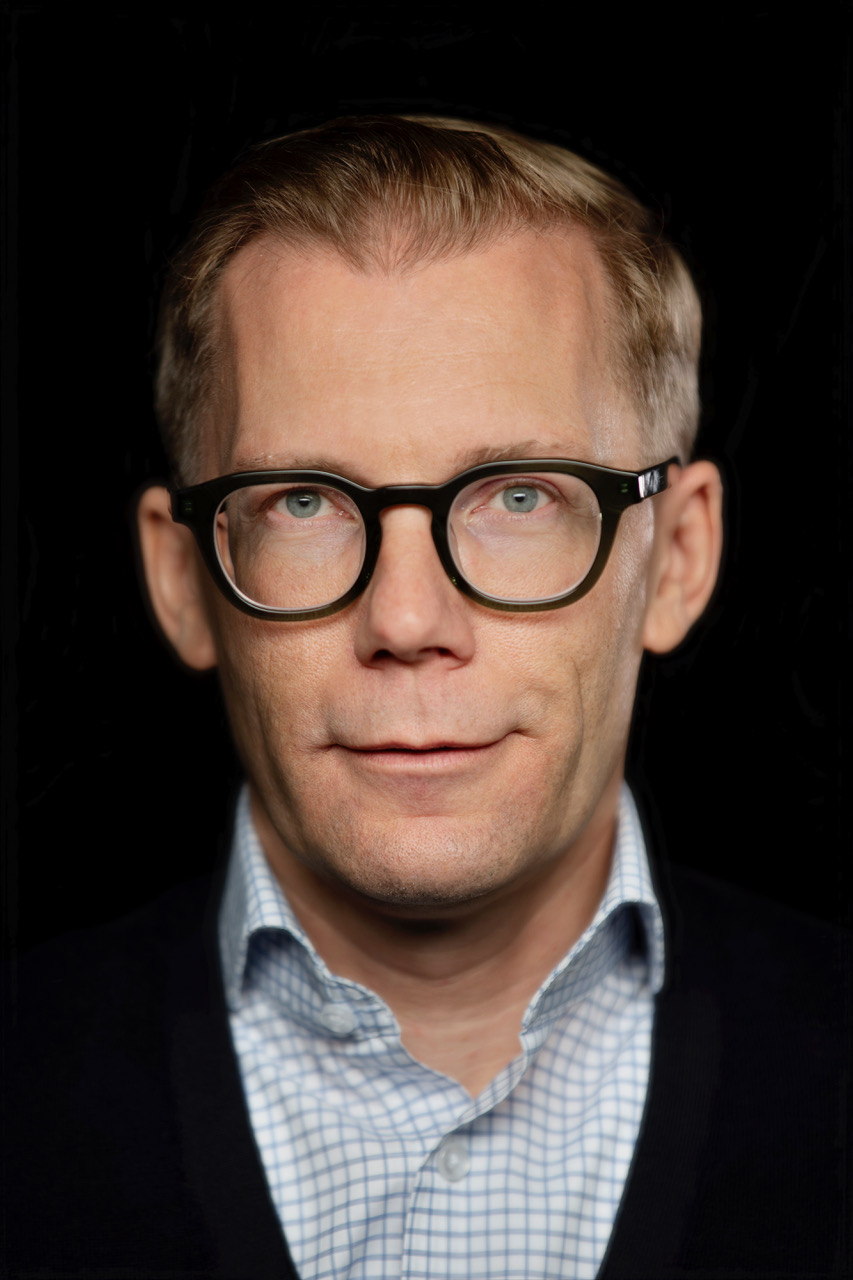Why behavioral science needs philosophy – and vice versa (Prof Erik Angner)
We are glad to announce a free UCD Economics and BSP Seminar with Erik Angner, Professor of Practical Philosophy at Stockholm University. Prof Angner will talk about the relationship between (behavioural) science and philosophy. All further details are below.
Everybody is welcome to attend and registration is not necessary.
Time and Date: Wednesday, October 25th at 2pm.
Place: Theatre L024 – Mason Hayes in the UCD Sutherland School of Law.
Title: Why behavioral science needs philosophy – and vice versa.
Abstract: In 1976, Mario Bunge advocated a “vigorous and symmetrical interaction between science and philosophy, to close the gap between the two camps and to develop a scientific philosophy and a science with philosophical awareness.” The aim of this paper is to defend both parts of Bunge’s thesis, viz., that philosophical conclusions are relevant to empirical research – but also, and more controversially, that empirical research is relevant to philosophical conclusions. Drawing on a series of fine-grained examples from behavioral science, I will outline various ways in which behavioral science depends on philosophical assumptions. In addition, I will review several ways in which the relevant bits of philosophy depend on empirical premises. The upshot is that the relationship between behavioral science and philosophy is remarkably symmetric: just like scientists cannot avoid making philosophical assumptions, philosophers often cannot help but proceed from empirical premises. The argument suggests a picture according to which science and philosophy stand in a symbiotic relationship, with scientists and philosophers engaging in a mutually beneficial exchange of ideas for the advancement of the general knowledge. The argument also has implications for the way we teach and practice behavioral science and philosophy alike – in particular, the responsible organization of the relevant epistemic communities. I conclude by endorsing Bunge’s recommendation that “philosophers should become apprentices rather than lawgivers, and participants rather than onlookers” – and that the same thing is true for social and behavioral scientists.
Bio: Erik Angner is Professor of Practical Philosophy at Stockholm University. As a result of serious mission creep, he holds two PhDs – one in Economics and one in History and Philosophy of Science – both from the University of Pittsburgh. His most recent book is How Economics Can Save the World: Simple Solutions to Solve Our Biggest Problems (Penguin 2023). He is the author of two other books, Hayek and Natural Law (Routledge 2007) and A Course in Behavioral Economics, 3rd Ed. (Red Globe Press 2020), as well as multiple journal articles and book chapters on behavioral and experimental economics; the science and philosophy of happiness; and the history, philosophy, and methodology of contemporary economics. He lives in Stockholm with his wife and their three children.

